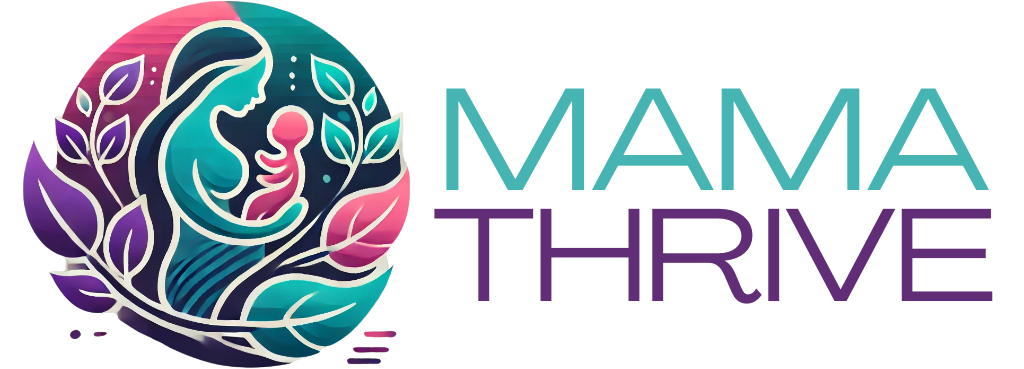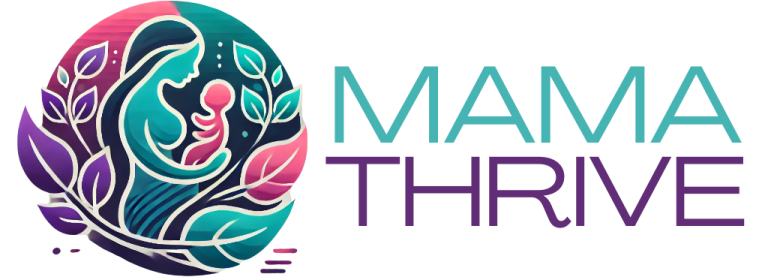Black Maternal Mortality
Understanding Black Maternal Mortality
Black maternal mortality refers to the disproportionate death rate among Black women during pregnancy, childbirth, and the postpartum period compared to other racial or ethnic groups. In the United States, Black women are more likely to die from pregnancy-related complications than any other racial or ethnic group, with a two to three times higher mortality rate than white women.
Causes
- Structural racism in healthcare and society that leads to poorer health outcomes for Black mothers and babies
- Implicit biases and discrimination in healthcare that can lead to inadequate or delayed care for Black women
- Lack of access to high-quality healthcare and prenatal care due to poverty, lack of health insurance, and lack of healthcare providers in certain areas
- Higher rates of pre-existing medical conditions, such as hypertension and diabetes, which can increase the risk of complications during pregnancy and childbirth
- Higher rates of pregnancy complications, such as preeclampsia and gestational diabetes, which can lead to maternal mortality if not adequately managed
Black Maternal Mortality Statistics
- White women are less likely to die from a pregnancy-related cause compared to Black women, with the latter being three times more likely to experience maternal mortality.
- In 2020, the maternal mortality rate was 23.8 deaths per 100,000 live births, representing an increase from the 2019 rate of 20.1.
- Non-Hispanic Black women had a maternal mortality rate of 55.3 deaths per 100,000 live births in 2020, which was 2.9 times higher than the rate for non-Hispanic White women.
- Black women with a college degree or higher had a pregnancy-related mortality ratio (PRMR) that was five times higher than white women with similar levels of education.
- Pregnancy-related mortality among black women was more heavily influenced by cardiomyopathy, thrombotic pulmonary embolism, and hypertensive disorders of pregnancy than among white women.
Prevention & Tips
- Addressing systemic racism and bias in healthcare and society through training and education for healthcare providers, policy changes, and community engagement
- Ensuring access to high-quality prenatal care and healthcare services for all women, including those in underserved areas
- Providing culturally competent care that is responsive to the unique needs and experiences of Black women and families
- Offering comprehensive care that addresses not just the physical health of the mother, but also her mental health and social support needs
- Encouraging Black women to advocate for themselves and ask questions about their care to ensure they receive the best possible treatment

